Chapel Hill resident and Duke University student Ariel Kantor was named a Rhodes Scholar over the weekend – one of only 32 Rhodes Scholars nationwide.
Kantor is one of three Duke students this year to earn the prestigious Rhodes Scholarship, which covers tuition, fees, transportation and expenses for American students to continue their studies at Oxford University in England.
A total of 880 students applied for the scholarship in 2018. Duke officials say this is only the second time the university has had three Rhodes Scholars in a single year.
Duke University released the following statement on Ariel Kantor:
Working toward a career in gene engineering and translational medicine, Kantor pursued a self-designed major at Duke that focused on the intersection of bioengineering, policy and the business of biotechnology. Under the supervision of professor Susanne Haga in the Duke Center for Applied Genomics and Precision Medicine, Kantor’s research for his senior thesis examined developing technology-based therapies for orphan diseases. His work has resulted in four publications, including one in which he is listed as first author.
Kantor began exploring the applications of gene therapy as a high school student working at the University of North Carolina-Chapel Hill. As an undergraduate at Duke, he continued gene engineering research in the lab of professor Charlie Gersbach, a leader in genome editing using Crispr/Cas9 technology.
Motivated by his family’s emigration experience from Israel and Eastern Europe, Kantor also works on human rights and violence prevention. His work with the Duke Human Rights Center includes hosting programming that sheds light on human rights violations and facilitating dialogue around issues of religion and violence.
Kantor also participates in Special Olympics (SPO), and tutors math and science students at Durham’s Emily K Center. Kantor said the medical challenges that his SPO teammates face have motivated him to pursue translational medicine and develop therapies for rare diseases.
At Oxford, Kantor plans to study molecular medicine and gene therapy to develop therapies for the treatment of orphan diseases using novel epigenetic technologies.
“I cannot articulate how honored and humbled to have been selected as a Rhodes Scholar,” Kantor said. “I am so thankful for my family, friends, mentors, advisers and everyone who made this possible.”
Related Stories
‹
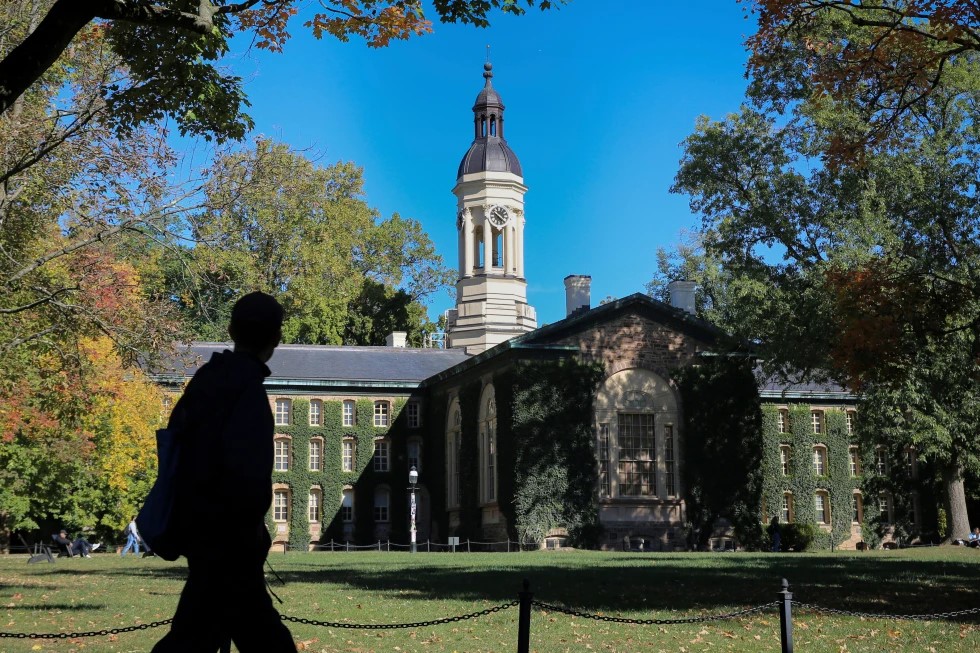
Without Affirmative Action, Elite Colleges Are Prioritizing Economic Diversity in AdmissionsSome prestigious colleges are enrolling record numbers of low-income students as an admissions tactic in the absence of affirmative action.
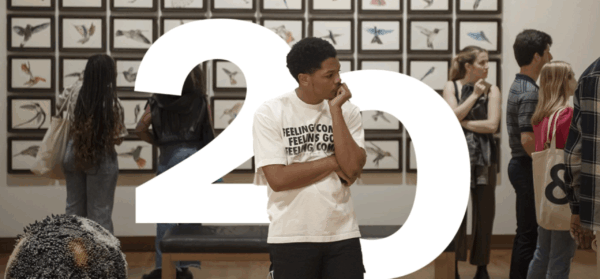
Talking Culture: Celebrating Twenty Years at the Nasher Museum of Art!Aaron welcomes Michelle Moore of the Nasher Museum of Art at Duke University, which marks its 20th anniversary with a free event October 18.

UN Says if US Funding for HIV Programs Is Not Replaced, Millions More Will Die by 2029In the last six months, the sudden withdrawal of U.S. money has caused a “systemic shock,” to the world's response to HIV infections.

As Trump Administration Continues Slashing EPA, Scientists Hope Other Bodies Can Fill VoidLast Friday, the Donald Trump administration announced plans to eliminate the Environmental Protection Agency’s Office of Research and Development, leaving employees with the choices of retiring, applying for new jobs, or waiting to be fired. The elimination of the EPA’s research arm is expected to cripple scientific progress in environmental fields at a […]

After ICE Reversal, UNC Chancellor Says 5 International Students' Status RestoredThe U.S. government's ongoing scrutiny of international university students recently led to the termination of six UNC students' visas.

Hundreds March in Raleigh Against Cuts in Federal Funding for Scientific ResearchThe event was one of 32 official rallies happening in cities across the country under the title “Stand Up For Science.”
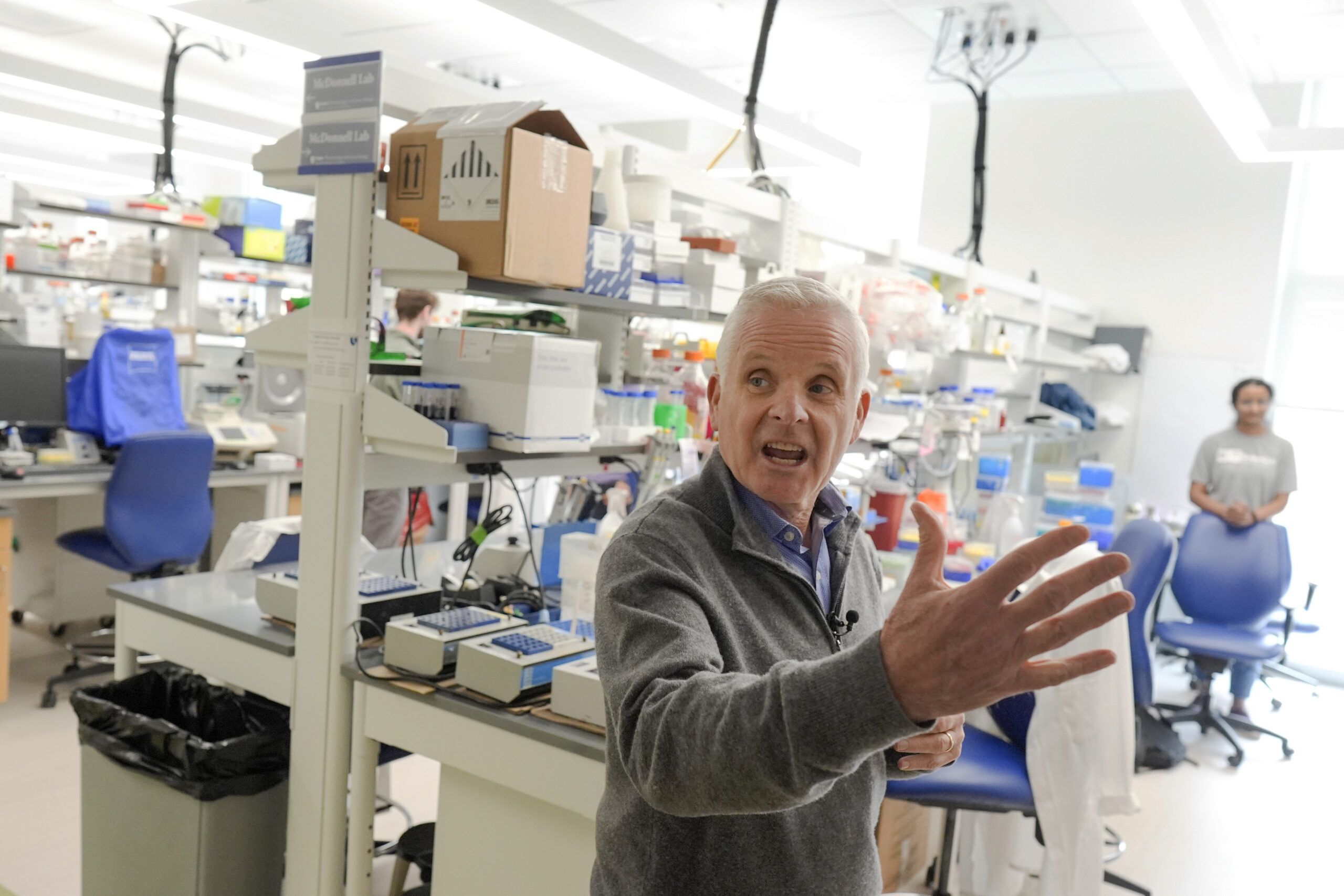
Universities Are Facing Big Cuts to Research Funding. At Duke, It's A Time for 'Damage Control'Written by MAKIYA SEMINERA DURHAM, N.C. (AP) — Facing the potential loss of hundreds of millions of dollars in federal funding, Duke University is preparing for the worst. Like research universities around the United States, the private school in North Carolina’s Research Triangle would see a massive loss from Trump administration cuts to grants from the National […]

'I'm Feeling Pretty Pessimistic': Duke's Philip Napoli on Meta Ending Fact-CheckingDuke's Philip Napoli shares his thoughts - and concerns - about Meta's decision to replace fact-checking with a "community notes" model.
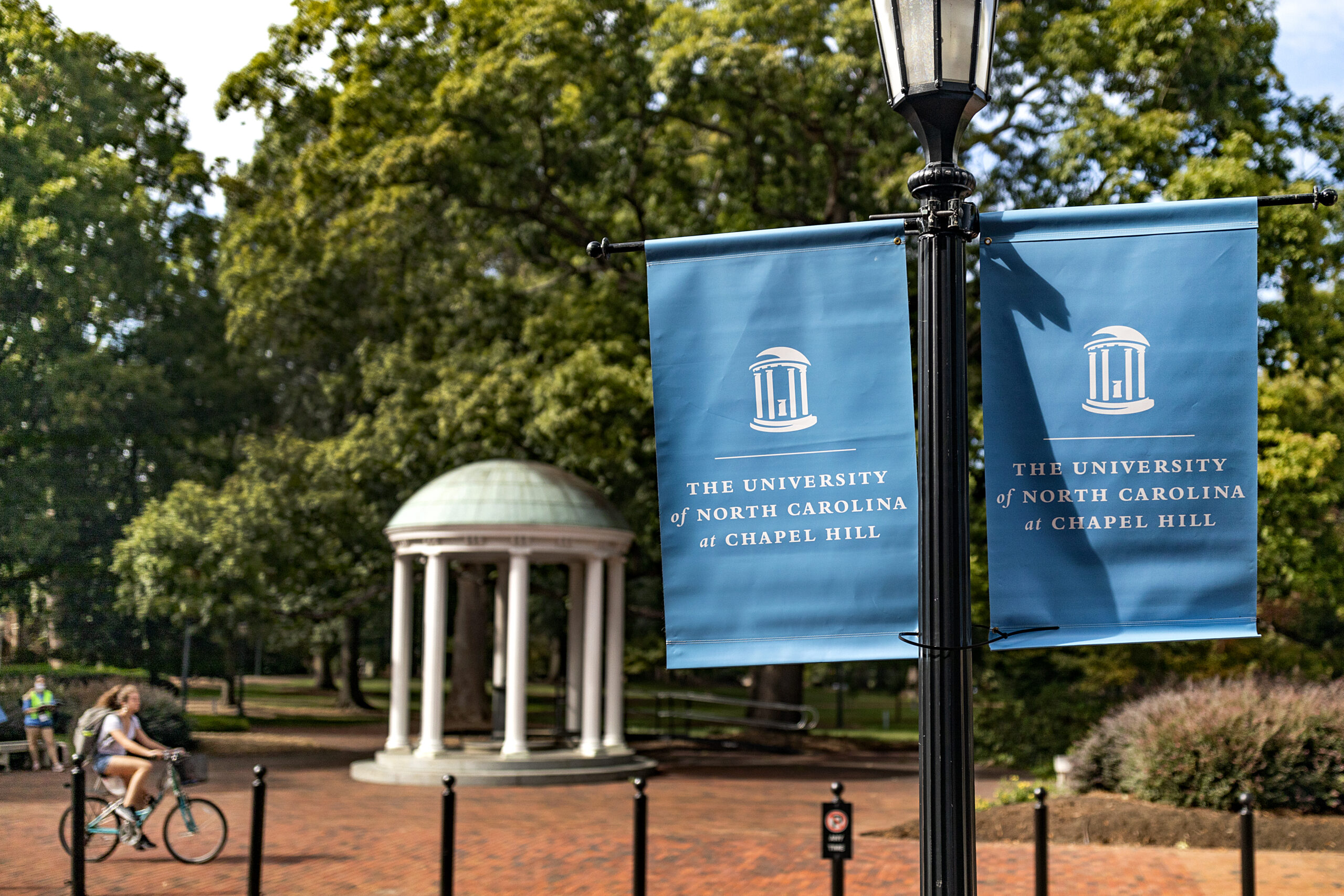
UNC Announces Duke Department Chair as First Dean for School of Civil Life and LeadershipThe UNC Board of Trustees approved the hiring of the initial dean of the School of Civic Life and Leadership: Jed Atkins of Duke University.
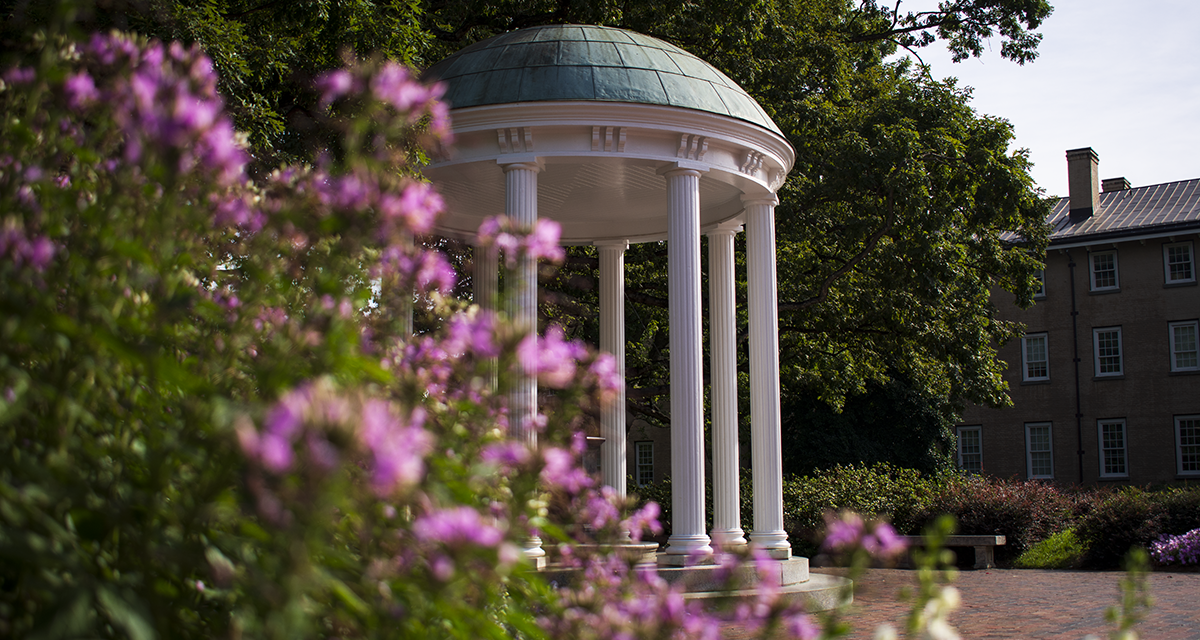
UNC Announces Plans of 'Free Tuition' for Certain Undergraduate StudentsUNC’s flagship campus announced another step to improve affordability and access to North Carolinians, sharing plans to provide free tuition and fees to certain undergraduate students beginning in 2024. UNC Chancellor Kevin Guskiewicz sent a message to the campus community on Friday afternoon, saying students from North Carolina whose families make less than $80,000 a […]
›












